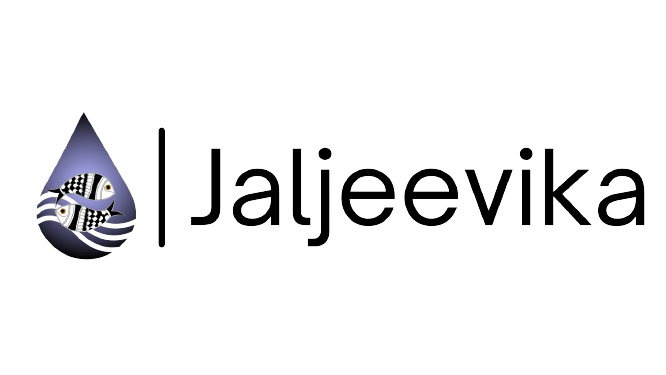

Aqua Entrepreneurs Development Program for Livelihood (AQUAEDP)
Supported by : Bajaj Finserv
The Aqua Entrepreneurs Development Program for Livelihood (AquaEDP) initiative advocates for the advancement of livelihoods and entrepreneurship in aquaculture. It focuses on promoting sustainable economic activities in the tribal districts of the Vidarbha region, contributing to economic development and food security. Key objectives include creating aqua entrepreneurs, enhancing productivity and income of farmers, developing Fish Farmer Producer Organizations (FFPOs), and expanding aquatic livelihood coverage through local NGOs.


AQUAECO: Building climate resilient livelihood opportunity
Supported by : Herbalife
AQUAECO aims to create climate-resilient livelihood opportunities for small farmers through aquatic food production systems. It targets flood zones, drylands, and coastal areas, leveraging geographical features for tailored livelihood activities. The project ensures economic resilience by harnessing the potential of aquatic food production systems.


Chakra Scholarship
Supported by : Synergy Marine Group
The Chakra Scholarship program provides female students from underprivileged backgrounds with maritime education opportunities, fostering gender equality and economic independence. It aims to break societal norms and empower talented females to pursue thriving careers in the male-dominated maritime industry.



Climate Resilient Agriculture
Supported by : CMS Info Systems
The project focuses on implementing climate-resilient agricultural practices to mitigate the impacts of climate change on farming communities.


Capacity building to the Army personnel in Aquatic Livelihood
The project provides comprehensive training to retiring army personnel on modern technology in fisheries, empowering them with post-retirement livelihood options in the fisheries sector.


Aqua School and capacity building of fish farmers and fishing communities
Supported by : SVP Hyderabad
The project offers training and support to fish farmers and fishing communities, introducing innovative fisheries practices and technologies to enhance productivity and reduce input costs.

